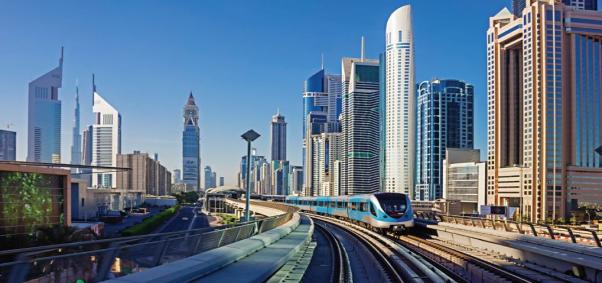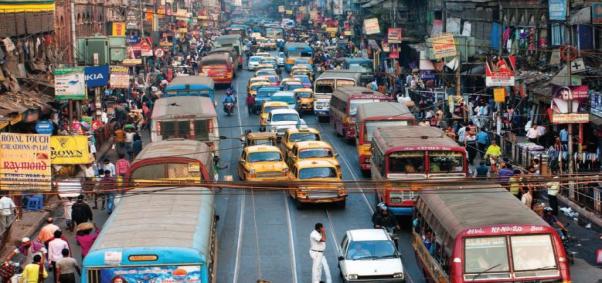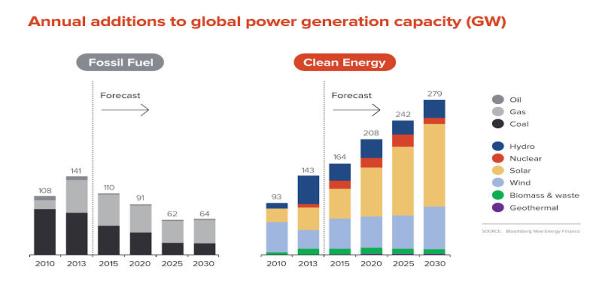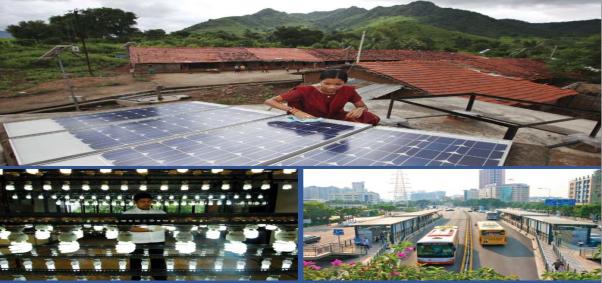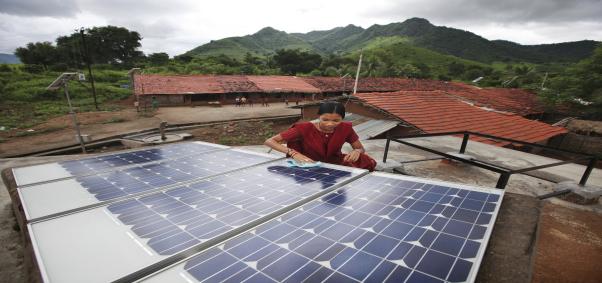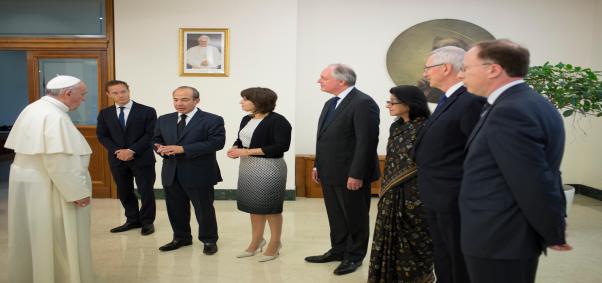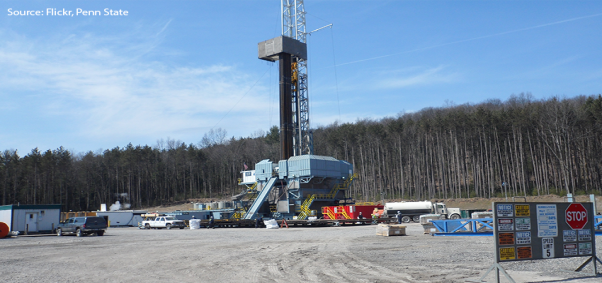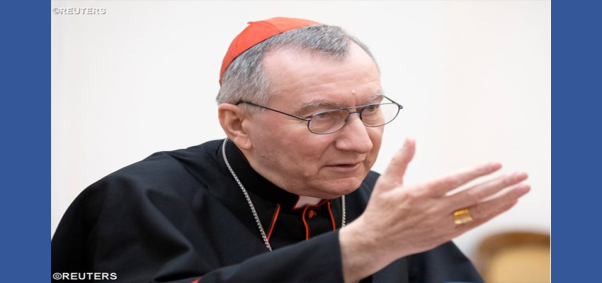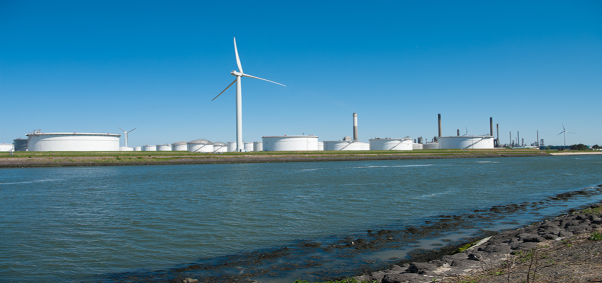Related Content
"Mayors don't have to choose between fighting climate change and creating a better economic future for their citizens. They are doing both - and so, too, should national governments around the world," write Michael Bloomberg, Eduardo Paes and Annise Parker in Houston Chronicle.
We have new openings for a Research Director, a Senior Adviser for Land Use, and a Communications Intern. Go to our Careers page to see our candidate qualifications.
The low-carbon economy is the biggest opportunity of our lifetimes, and businesses that fail to recognise this fact risk being left behind, write Paul Polman and Naina Lal Kidwai in The Indian Express.
As the international community works this year to address the challenges of climate change and promote sustainable development, efforts to expand access to clean energy should be placed near the top of the agenda, write Ngozi Okonjo-Iweala and Lord Nicholas Stern in Project Syndicate.
Technological innovation, new economic trends, and new political commitments are combining to build momentum for change. Here are 10 reasons why the low-carbon economy is an emerging reality.
"Seizing the Global Opportunity: Partnerships for Better Growth and a Better Climate" has received extensive media coverage. Highlights include the Financial Times, Reuters, USA Today, BBC, and CBS.
A new report released by the Global Commission on the Economy and the Climate identifies ten key economic opportunities that could close up to 96 percent of the gap between business-as-usual emissions and the level needed to limit dangerous climate change.
To meet the goals of raising living standards, tackling poverty and reducing climate risk together, the scale and speed of change must accelerate, spurred on by cooperation both internationally and between the public and private sectors, write President Felipe Calderón and Lord Nicholas Stern in USA Today.
"Global warming and climate change may be issues that belong in the realm of science but the human activities with which they are associated must be subject to ethics.
As part of a series of events in the run-up to the highly anticipated papal encyclical on climate change, the New Climate Economy was invited to provide a strong economic and business voice to demonstrate that climate action and economic growth can and should occur together for a just transition to a low-carbon economy.
The U.S. shale gas revolution has dramatically increased supplies of low-cost natural gas, upended U.S. coal markets, and led many electric utilities to switch from coal to natural gas, reducing air pollution and greenhouse gas emissions. While there remain concerns about some of the impacts of hydraulic fracturing (“fracking”), the trend toward increasing use of natural gas is widely expected to continue.
20 May 2015: “When the future of the planet is at stake, there are no political frontiers, barriers or walls behind which we can hide to protect ourselves from the effects of environmental and social degradation. There is no room for the globalisation of indifference, the economy of exclusion or the throwaway culture so often denounced by Pope Francis. Of course, the path is not easy, since this ethical and moral responsibility calls into question the resetting of the development model, requiring a major political and economic commitment. However, as I said to the UN Climate Summit on 23 September 2014, 'the technological and operational bases needed to facilitate this mutual responsibility are already available or within our reach. We have the capacity to start and strengthen a true and beneficial process which will irrigate, as it were, through adaptation and mitigation activities, the field of economic and technological innovation where it is possible to cultivate two interconnected objectives: combating poverty and easing the effects of climate change'."
London/Washington, DC, May 8, 2015: Historically unpredictable and changing oil prices are hurting the economy, but today’s cheap oil offers a unique opportunity to reduce our fossil fuel addiction and invest in more sustainable and predictable renewable energy sources – says a new report by Lord Nicholas Stern and colleagues in the New Climate Economy project.
Taking decisive action on climate change will cost us less than failing to do so, writes Paul Polman in The Huffington Post.
"India is at a crossroads: It can pursue a carbon-intensive development agenda with huge health implications. Or it can reap the economic benefits of low-carbon growth that could lead to healthy, liveable cities," write Rajat Kathuria and Lord Nicholas Stern in Indian Express.
The New Climate Economy (NCE) is very pleased to announce the addition of three new distinguished commissioners to the Global Commission on the Economy and Climate: Suma Chakrabarti, Naina Lal Kidwai and Kristin Skogen Lund. They bring a wealth of private and public experience and expertise to the Commission.
Chair of the Global Commission on the Economy and Climate Felipe Calderón and New Climate Economy Programme Director Helen Mountford react to the United States's proposed climate commitment.

